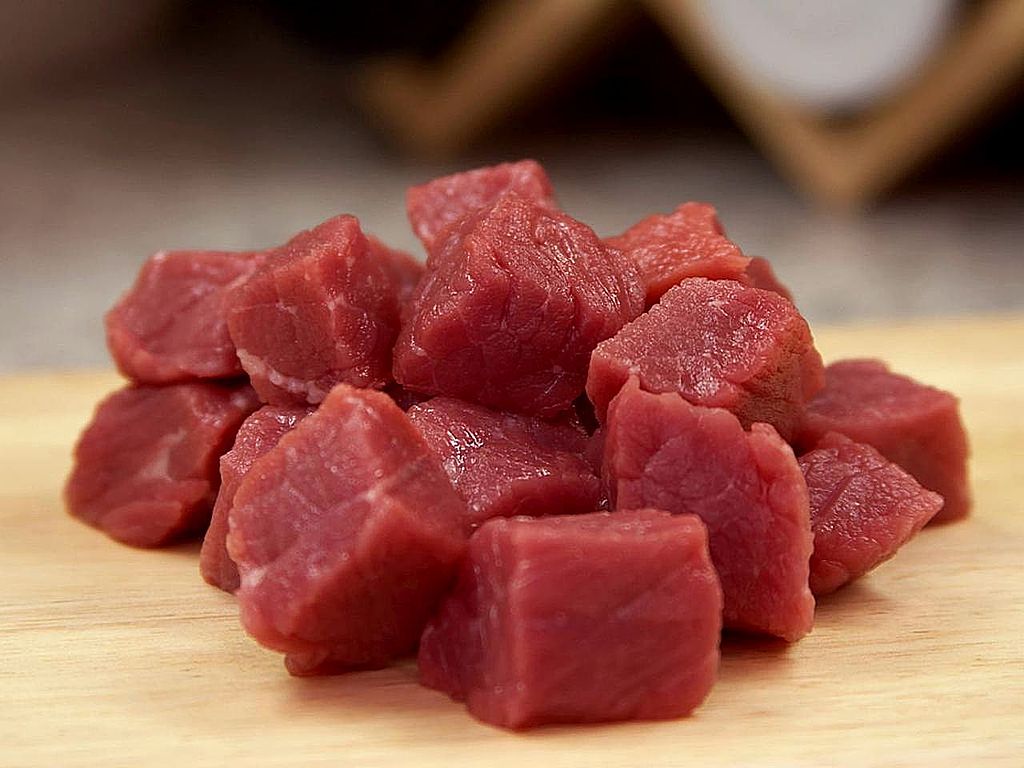The colorectal cancer statistics for this past year were recently published. While the most striking thing the report highlights is undoubtedly the marked racial differences in colon cancer incidence and prognosis (check out my previous post here), another shocking fact highlighted by the report is how the risk of colon cancer is increasing in younger people.
Colorectal cancer is traditionally considered an “older people” condition: while only approximately 15 out of 100000 people under 49 are diagnosed with the disease, the incidence rate rockets to 200 out of 10000 people in the over-65s. Thanks to thorough cancer-screening programs and successful campaigns to get older people eating healthier and moving the rate of colorectal cancer in the over 50s and over 65s have been steadily decreasing over the past couple of decades. However, more and more younger people (the under-49s) are being diagnosed with colorectal caner than ever before.
Colorectal cancer has been on the rise among the young over the past decade and the incidence of rectal cancer has increased even more sharply than that of colon cancer, with some studies showing that the risk rectal cancer among the under-50s has increased by as much as four-fold over the past half a century. Even more worryingly, while the mortality rates for colorectal cancer in older people are plummeting, mortality rates for young people have not really decreased over the past decade. Older people are benefiting from screening programs that allow for cancer to be diagnosed early, when it is more treatable. However, younger people are not targeted by these programs (which are usually for the over-50s). What’s more, physicians won’t usually attribute symptoms to colon cancer in younger patients since it is very much considered an “old people” disease. This means cases will be diagnosed later on, when the cancer might have spread to other parts of the body and be much much harder to treat.
Looking for a cause
The reasons for this increase in colorectal cancer incidence among young people are not currently well understood and there are a few possible alternate theories which are currently being investigated.
Alcohol use (and abuse)
Meat and processed food
It is an established fact that people are eating more and more meat, both in the US and globally. Meat is becoming cheaper – which means that people are simply eating more and more of it. However, high levels of meat consumption has also been linked to colorectal cancer (especially red meat), although this relationship is not as straightforward as some newspaper articles would have us believe. What’s more, we are eating more and more processed food every year. And processed food – especially meat – has also been linked to an increased risk of colorectal cancer. Either way, it is possible that increased meat consumption might be linked to higher rates of colorectal cancer – in the old as well as the young.Sweet, sweet sugar
Sugar consumption has skyrocketed over the past few decades. This is not just due to an increase in consumption of sweets, but also an increase in consumption of soda drinks. What’s more, there is increasingly solid evidence indicating that sugar consumption is heavily linked to colorectal cancer. Could the increase in the consumption of sugar, sugary drinks and the increase of sugar in food products be related to an increase in colon cancer?Obesity
All the above factors – as well as just an overall increase in the average calorie intake – have lead to a well-documented obesity epidemic both in the US and around the world. While obesity increases the risk of being diagnosed with most types of cancer (obesity is the second most important environmental cause of cancer after smoking), it is especially linked to an increase in colorectal cancer. There is no doubt that the obesity epidemic is somehow linked to the increase in colorectal cancer risk among younger people.The bottom line
Colorectal cancer is a complex disease. While there is a genetic component to colorectal cancer risk, there are a lot of environmental factors that are linked to colorectal cancer. Chances are, it is a combination of these factors (such as increased alcohol and processed food consumption) that is rising the risk of colorectal cancer among young people. On the other hand, young people face a lower standard of care when it comes to colorectal issues as they are not protected with regular screening programs and their symptoms are often not linked to colorectal cancer. Until we fully understand why this new trend is developing, the best thing anyone can do is to be aware of the issue if any symptoms arise and most importantly to keep up a healthy lifestyle with a colon-smart diet – which can do a lot to reduce the risk of colorectal cancer.






Where did you get your stats?
It’s no where near that common. Do you mean out of 100,000?
RESEARCH and stop spreading false stats
Thanks for pointing out my typo! It is now corrected. As it states in the graphic underneath, I meant 100000 🙂
On an unrelated note, I would really appreciate it if we could keep it friendly in the comments section. Thank you!!